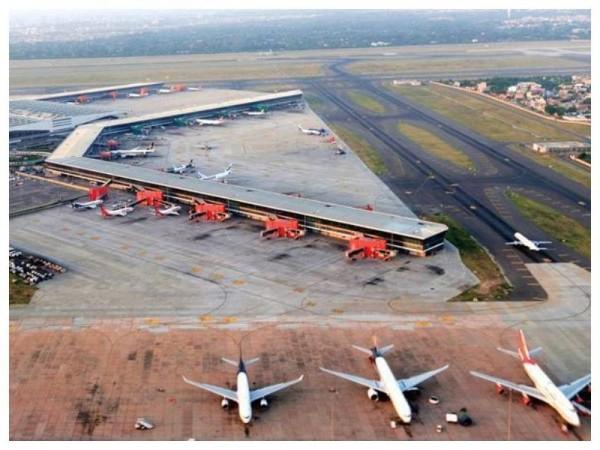UDAN Scheme Revolutionizes Indian Aviation Sector

India’s aviation sector has witnessed a significant transformation with the implementation of the Ude Desh ke Aam Nagrik (UDAN) scheme. The initiative, commemorating its 8th anniversary, has been instrumental in making air travel more accessible and affordable for millions of people across the country. Prime Minister Shri Narendra Modi, in his statement, emphasized the transformative impact of the UDAN scheme, highlighting its role in increasing the number of airports and air routes in the country.
The UDAN scheme has not only democratized air travel in India but has also played a crucial role in boosting trade and commerce, furthering regional growth. This has been a significant step in influencing economic patterns and enhancing social mobility of crores of Indians. The Prime Minister reaffirmed the government’s commitment to continue strengthening the aviation sector, focusing on better connectivity and comfort for the people. The UDAN scheme has been pivotal in operationalizing 86 aerodromes, establishing 617 routes, and facilitating over 2.8 lakh flights. This has significantly boosted connectivity across the nation, making air travel more accessible to a broader segment of the population. The scheme has also been instrumental in enhancing the overall economic development of connected regions.
Today, we mark #8YearsOfUDAN, an initiative that has transformed India’s aviation sector. From an increase in number of airports to more air routes, this scheme has ensured crores of people have access to flying. At the same time, it has had a major impact on boosting trade and… https://t.co/dnSNswBTsV
— Narendra Modi (@narendramodi) October 21, 2024
The success of the UDAN scheme reflects a substantial leap towards making flying a feasible option for a larger portion of India’s population. The operationalization of new aerodromes and the establishment of numerous air routes underline the scheme’s pivotal role in democratizing air travel and enhancing the connectivity fabric of the country. The Prime Minister’s vision for the future of India’s aviation sector emphasizes the ongoing efforts to enhance the quality of connectivity and the travel experience for the public. This commitment reflects the government’s dedication to not just maintaining but expanding the reach and efficacy of the UDAN scheme in the years to come.
The Civil Aviation Secretary, Vumlunmang Vualnam, stated that the ministry is looking at the financial viability aspects and streamlining of the procedures under the scheme. The number of operational airports in the country has doubled from 74 in 2014 to 157 in 2024, and the aim is to increase the count to 350-400 by 2047. UDAN scheme has been a game-changer for India’s aviation sector. It has democratized air travel, making it accessible and affordable for millions of people. The government’s commitment to strengthening the aviation sector and focusing on better connectivity and comfort for the people is a testament to the scheme’s success. The future of India’s aviation sector looks promising, with the government’s clear vision and commitment to expanding and improving the UDAN scheme. The success of the UDAN scheme is a testament to the government’s commitment to making air travel accessible and affordable for all, and it sets a strong foundation for the future growth of India’s aviation sector.